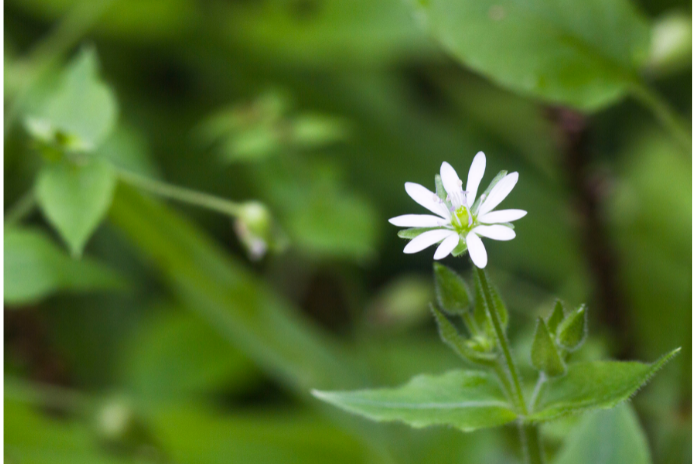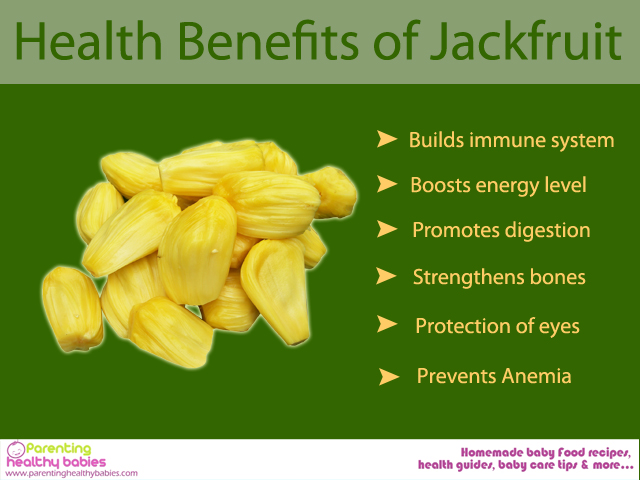Found in the Eurasian continent, chickweed, scientifically known as Stellaria media which belongs to the Caryophyllales family, is an edible plant with a long list of health benefits. Plants have always been a part of our kitchen as they provide us with a large variety of food items with both hands and chickweed is no different. Its flowers and leaves are edible and can be eaten raw or cooked. But it has saponins in a large quantity and can sometimes upset your stomach. Earlier its leaf was used only in making medicines for problems like constipation, a blood disorder, lung diseases, asthma, stomach problems, bowel problems, vitamin c deficiency, obesity.
It also plays a huge role in medicine making skin conditions like psoriasis, itching, and many other skin allergies. This how-to-ground and white-flowered plant show its usage in medical causes from centuries back. It contains many plant compounds like phytosterols, tocopherols, triterpene, saponins, flavonoids, and vitamin c which ensures that it holds a lot of benefits for the human body.
5 Must Know Health Benefits of Chickweed
Proves beneficial when you are sick
It can play a huge role when you are suffering from mucus and cough. Studies have proven that it also helps when you are feeling a bit grumpy and phlegm build-up.
Helps in boosting metabolism and weight loss
A study proves that it delays the absorption of dietary fats and carbohydrates in the intestine as it has some unique juices. So, it helps in boosting the metabolism and if taken, over time, it can also result in weight loss.
Good for fighting germs and wound healing
For ages, chickweed has been used to fight germs and heal wounds in China. Its components help heal wounds such as cuts, deep scratches, etc.
Reduces inflammation
Chickweed is often applied as a plaster on swollen areas, inflamed joints, and even bones. It can also fight inflammation when used for respiratory tract illnesses like bronchitis.
Fighting certain skin conditions
It is proven that chickweed is beneficial when used for skin conditions like psoriasis skin allergies and other skin allergies. It has a very soothing effect as well.
Apart from all these chickweeds also has many other small and big benefits that are yet to be proven scientifically. It is not taken in adequate quantities, it can show many side effects on the body. So, while intaking, it is necessary to take it in scientifically-backed quantities. Its overuse is equally harmful, intake of excessive chickweed can lead to:
And if it is applied directly to the skin it can lead to:
- Rash
- Allergies
- Itching
Chickweed For Pregnant Women
Till now, no studies have proven that its intake is safe for pregnant women. So it is usually recommended that intake of chickweed must be avoided by infants and women who are expecting. Many experiments and studies regarding this plant are still under process.
How To Consume Chickweed?
The only parts of this plant that are edible are leaves and flowers. So it is necessary to get rid of its stem and other parts at the very first.
So, here are the following ways in which you can include chickweed in your diet.
Simple tossing with salad
The easiest way to consume chickweed is to toss it with other vegetables of your salad. Like this, you can take its benefits in the raw form without putting more effort.
Intake like green tea
You can simply boil some hand-picked leaves of this plant in water, strain it and consume it easily like green tea.
In dips and soups
You can add some finely chopped leaves of chickweed in food items like pasta, pizza, soups, and many egg recipes. It can play a good role when blended with dips and sauces.
Your cooking oil
Its leaves can be infused and boiled with coconut oil. It can be used in day-to-day cooking activities.
Conclusion
Overconsumption of chickweed must be strictly avoided. Their medical consumption should be prohibited without the advice or prescription of a doctor.
References
https://www.ncbi.nlm.nih.gov/pmc/articles/PMC3141300/
https://www.ncbi.nlm.nih.gov/pmc/articles/PMC5481791/













